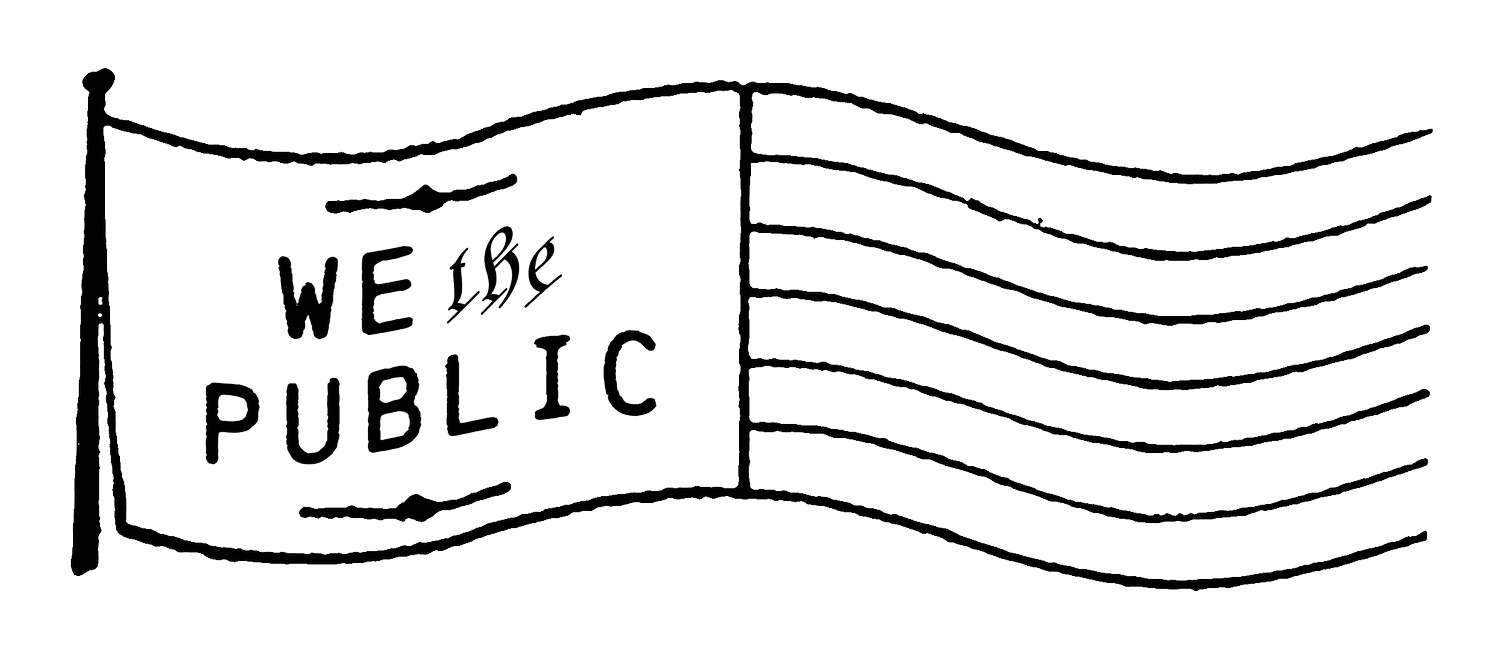America’s Public Lands
Priceless & Under Threat
Public lands are the heart of the American experience. Spanning over 620 million acres — nearly 30% of the nation's land — they are where we hike, hunt, fish, camp, and find peace. They support wildlife, clean air and water, cultural heritage, and a thriving outdoor economy. But these lands face mounting threats — from lawsuits seeking to transfer ownership to the states, to budget cuts that undermine their protection and access.
Who Manages Our Lands?
Four main agencies oversee our public lands:
Bureau of Land Management (BLM) – 248 million acres, focusing on multiple uses including recreation, energy, grazing, and conservation.
National Park Service (NPS) – 84 million acres across 423 sites, with strict protections for some of the nation’s most iconic landscapes.
U.S. Forest Service (USFS) – 193 million acres of national forests and grasslands managed for both recreation and resource use.
U.S. Fish and Wildlife Service (USFWS) – 95 million acres of land and 760 million acres of water for conservation and wildlife protection.
Why It Matters
Public lands support a $1.2 trillion outdoor recreation economy (2.3% of GDP), employing 5 million Americans.
The Bureau of Land Management alone supports 949,000 jobs and contributes $252 billion annually to the U.S. economy.
In 2023, 325.5 million visitors to national parks spent $26.4 billion, supporting 415,000 jobs.
More than 30 million people recreate on BLM lands alone every year.
The Threats Are Real
In 2025, Utah filed a lawsuit challenging federal ownership of public lands. Although denied by the Supreme Court, the case had support from several other states — signaling a growing push to transfer or sell off public lands.
66%–70% of western voters oppose giving states control over federal public lands, according to the 2025 Conservation in the West poll.
The federal government paid $621 million to states in 2024 through the Payment in Lieu of Taxes (PILT) program — crucial funding that supports local communities near federal lands.
Our Public Lands Under Attack
They are being dismantled, defunded, and divested — piece by piece — through deliberate and coordinated efforts that threaten access, conservation, and the very idea of shared national resources. This isn’t a distant threat. It’s already happening.
Dismantle
Across the country, the agencies responsible for stewarding our public lands are being quietly gutted. Federal employees are being purged. Wildlife refuges are being forced to consider closure due to lack of staff. National parks — even amid record visitation — can no longer adequately serve the public. Conservation and habitat restoration projects are being abandoned. These aren’t accidents or oversights. This is a calculated attempt to break the systems that maintain and protect our public lands — to let them fail, so they can be taken away.
Defund
The federal budget is being used as a weapon. The administration’s proposed funding slashes hundreds of millions of dollars from land management agencies. That means less maintenance, fewer rangers, cancelled projects, and decimated conservation programs. These cuts are designed to weaken public lands from within, to erode their value and purpose in the eyes of the public, and to justify further attacks down the line.
Divest
The final stage is already in motion: selling off our public lands. From lawsuits challenging federal authority in Utah, to House rules that open the door to liquidation, to officials publicly describing public lands as items on a "balance sheet" — the intent is clear. This is about profit. During past budget negotiations, public lands were even proposed as assets to be sold to help "balance the budget." Once sold, these lands are gone forever. No more access. No more protection. No more public ownership.
We Can’t Let This Happen
Public lands belong to all of us. They are part of our heritage, our freedom, and our future. But they won’t survive without a fight.

